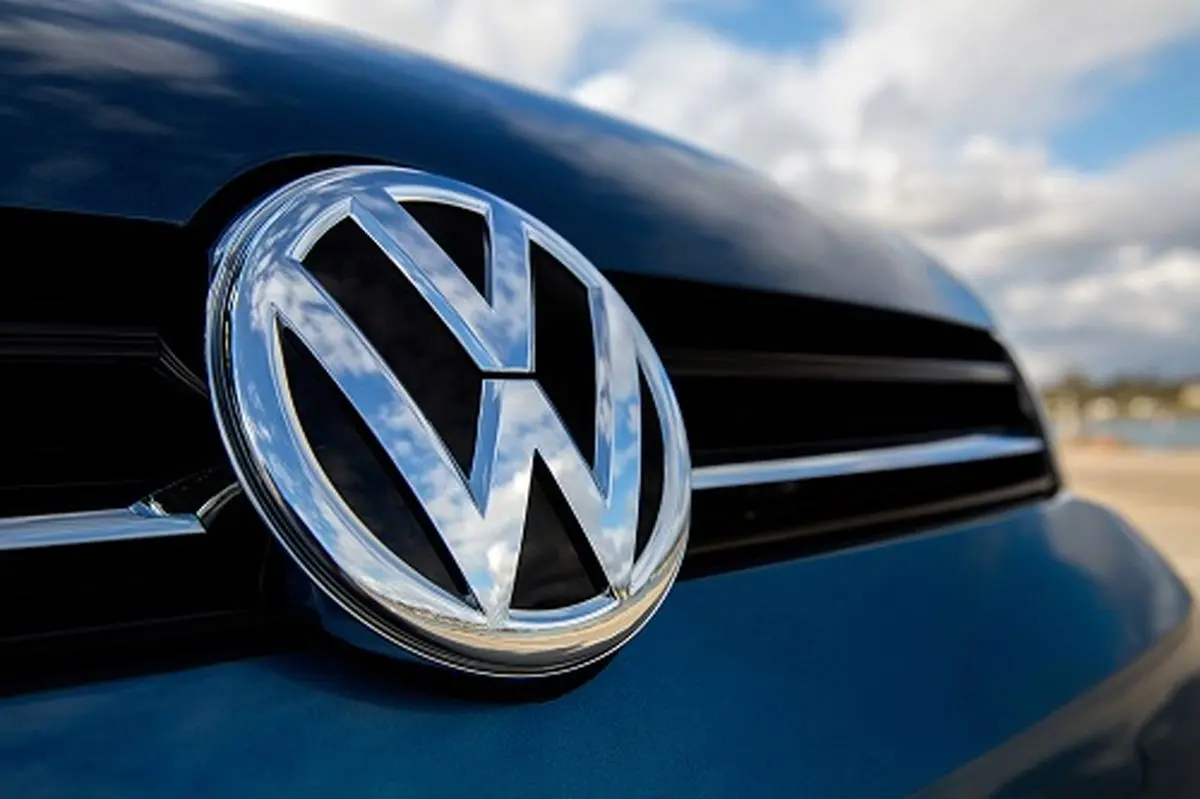Volkswagen pulls out of Iran, according to US official: media

The Trump administration persuaded Volkswagen AG to comply with sanctions on Iran and end almost all of its business in the country, according to a U.S. official, a symbolically charged step in undercutting European Union efforts to keep the 2015 nuclear deal alive.
The U.S. and Volkswagen hammered out the final details on Tuesday after weeks of talks, according to U.S. Ambassador to Germany Richard Grenell, who led discussions with the Wolfsburg-based company. Volkswagen will still be allowed to do some business in Iran under a humanitarian exception, Grenell added.
Officials at Volkswagen didn’t immediately respond to a request for comment from Bloomberg News.
“Volkswagen has told us they will comply with U.S. sanctions on Iran,” Grenell said. “We are pleased with this decision because Iran diverts its economic resources away from its people to spread violence and instability across the globe.”
While Volkswagen’s exposure to the Iranian market isn’t large, the company’s decision is a symbolic blow that will only further undermine the European Union’s argument that Iran should remain in the nuclear agreement that lifted some economic restrictions on the country in exchange for limits on Tehran’s nuclear program.
Volkswagen had announced in July 2017 that it planned to sell cars in Iran for the first time in 17 years, taking advantage of the removal of sanctions that accompanied the signing of the Joint Comprehensive Plan of Action, as the nuclear agreement is formally known. It signed a contract with local importer Mammut Khodro to offer the Tiguan compact SUV model as well as Passats at dealerships in and around Tehran.
Trump has warned countries they had to choose between doing business with the U.S., the world’s largest economy, or Iran. The administration deployed teams of officials from the departments of Treasury and State to lay the groundwork for the reimposition of sanctions lifted under the deal, targeting industries ranging from energy to chemicals to apparel.
European leaders have argued that even without the U.S., Iran should abide by the terms of the deal, but a key challenge has been to ensure it continues to get some benefit from staying in. European companies ranging from oil giant Total to Adidas AG, and Daimler AG have all said they will scale back or abandon the market, and Iranian leaders have complained that the Europeans haven’t done enough.
END
